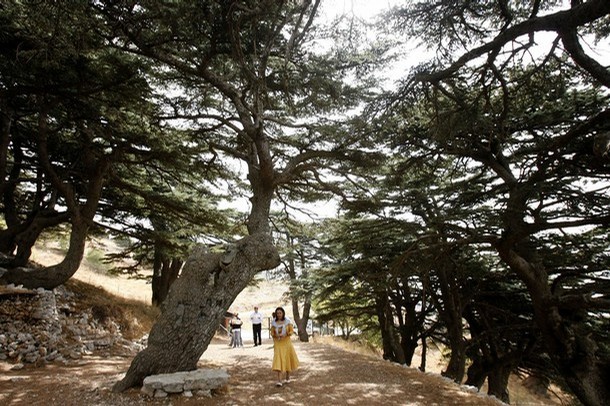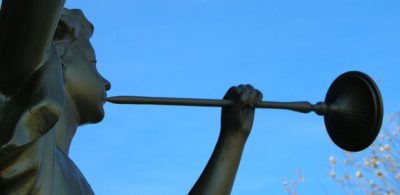In this week’s segment from the Torah, Parshat Vayigash, Jacob and his family go down to Egypt to Joseph, who is now second, only to Pharaoh, in Egypt. On his way down the Bible explains that Jacob went via Beersheba.
The Midrash Bereshit Rabbah, a sixth century commentary on the bible, notices extra language used to describe that journey and explains further. It explains that Jacob, on the way down to Egypt, stopped and cut down the cedar-trees that his grandfather, Abraham, planted.
The Midrash continues that Jacob foresaw that his great-great grandchildren would need that wood, in the desert, to build the Tabernacle on their way back to Israel. This was built from the cedars of Lebanon.
The people of Israel, while in Egypt, kept the wood intact. They did not use it for anything else; their purpose was passed down from one generation to the next. If they had been used for idolatry, while in Egypt, they would not have been suitable to be used in building the Tabernacle. But the message was passed on, along with the wood, from one generation to the next. This message was one of hope that the wood would be needed, on their way out of slavery, back to the Promise Land.
This Midrash has a message of its own, a message of hope as well. Deuteronomy (20:19) likens man to a tree. In Judaism, this parallel is significant. The Midrash is telling us that Jacob passed the message that while in Egypt the Israelites need to remain a holy people; trees fit to worship God in the building of the Tabernacle.

Cedars of God, or the Cedars of Lebanon
while in the worst conditions, slaves in a society that stood for everything that they did not believe in, they remained a holy people, and the wood was usable in the building of the Tabernacle.
Today we are at a crossroad, similar to the one that Jacob was at. We are living during difficult times, and there may be more difficult times ahead. It is important now, more than ever, to pass the message of the tree onto our children, both actually, and metaphorically. We need to replenish our forests, and all that that signifies: a symbiotic relationship with our planet and a sense of responsibility and caring for the future.
We also need to replenish the forests in our souls: the message that no matter what the situation – markets crashing, war, poverty, global warming or terrorism – it does not justify actions that are in any way less than human. This is the message of Jacob and this is the message that we need to pass on to our children if we want our world to heal on a global level.




